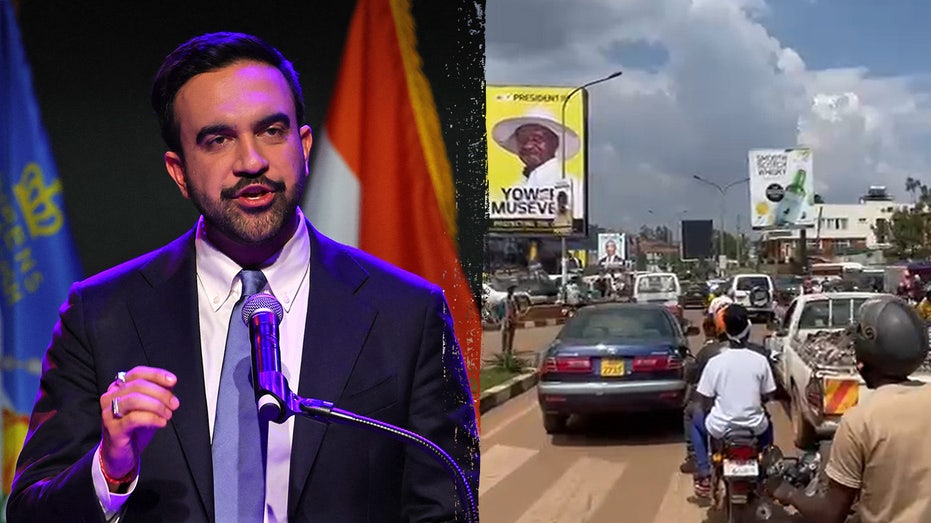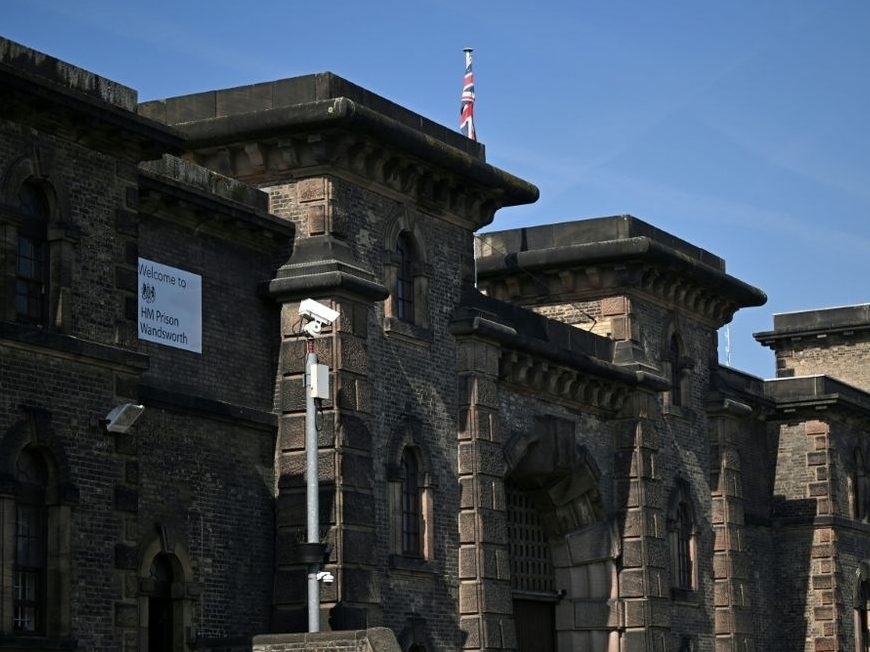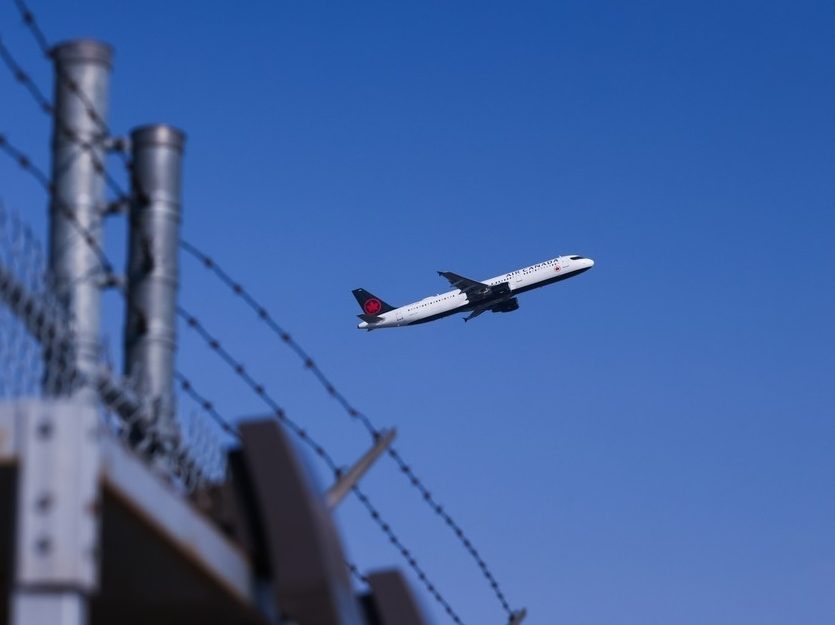Sudan is teetering on the brink. A brutal 30-month conflict has already claimed tens of thousands of lives and displaced 14 million, creating a humanitarian catastrophe of unimaginable scale. The nation, once hopeful, now faces a terrifying prospect: complete fragmentation.
But a new surge of diplomatic activity is underway, spearheaded by a U.S. team determined to halt the spiraling violence. This isn’t a continuation of previous, stalled efforts; the pace has become “frenetic,” with intense negotiations unfolding behind closed doors.
At the heart of this push is a senior advisor, fresh from brokering a ceasefire in another long-standing African conflict. He’s been shuttling between capitals, engaging with key players like Egypt’s Foreign Minister and the Arab League, conveying a message of urgency and a potential path toward peace.
Initial reports are cautiously optimistic. Both warring factions – the Sudanese Armed Forces and the Rapid Support Forces – have reportedly signaled a willingness to engage, a crucial first step in a process fraught with peril. The focus now shifts to navigating the complex “fine details” of a potential agreement.
Yet, the battlefield tells a different story. Despite the talks, fighting continues, fueled by a recent, devastating shift in control. The fall of El-Fasher, a key city in the Darfur region, to the RSF has effectively split Sudan in two, raising fears of permanent partition.
The consequences of this division are dire. Experts warn that RSF control of Darfur could have “dangerous and worrying consequences,” potentially destabilizing the entire Horn of Africa. The stakes for Washington, and the region, are escalating with each passing day.
The human cost is almost too immense to comprehend. Over 21 million Sudanese are facing acute food insecurity – the largest such crisis globally. Reports detail families reduced to surviving on leaves and animal feed, while satellite imagery reveals disturbing evidence of mass graves in El-Fasher.
The proposed framework for peace centers around a three-month humanitarian truce, designed to allow desperately needed aid to reach those in need. This would be followed by a permanent ceasefire and a transition towards civilian rule, a fragile hope for a nation shattered by war.
But time is running out. The longer the RSF consolidates its control, the harder it will become to prevent Sudan’s complete collapse. The unfolding events will serve as a critical test of America’s commitment to confronting instability before it engulfs an entire region.
The world watches, holding its breath, as diplomats race against the clock to salvage a nation and avert a humanitarian disaster of epic proportions. The fate of Sudan, and perhaps the stability of a continent, hangs in the balance.






